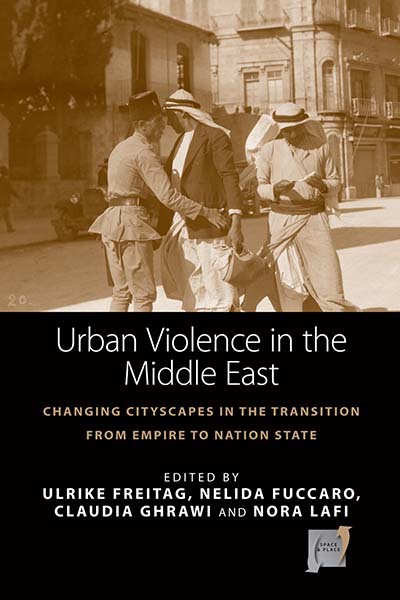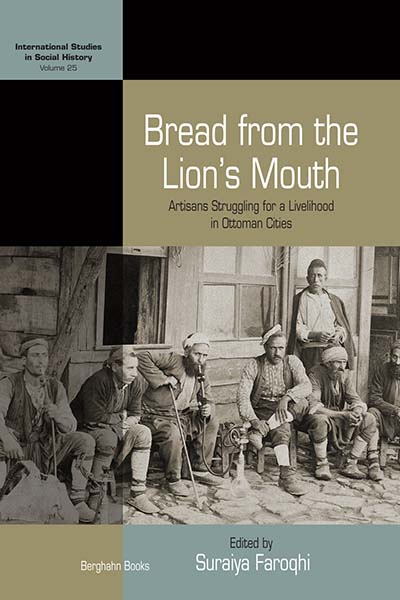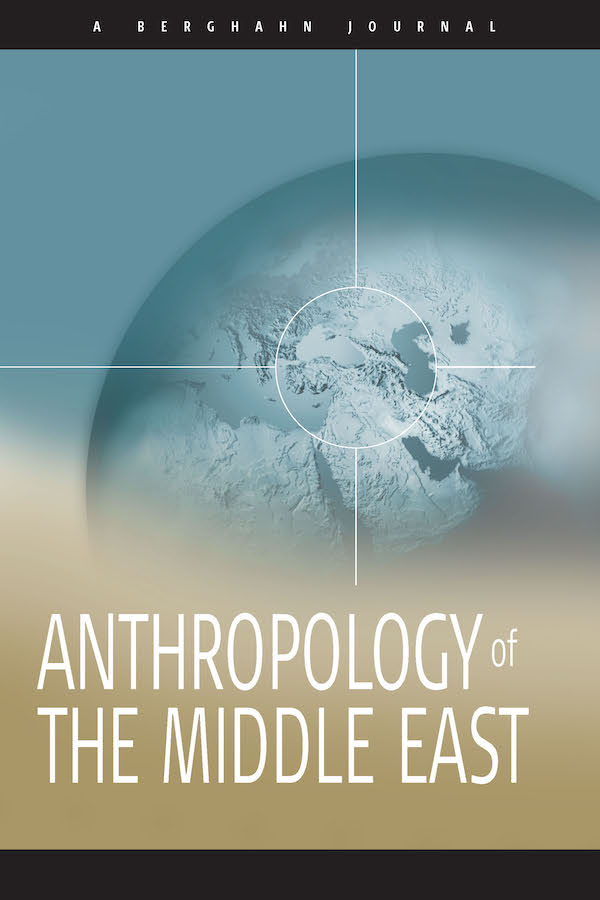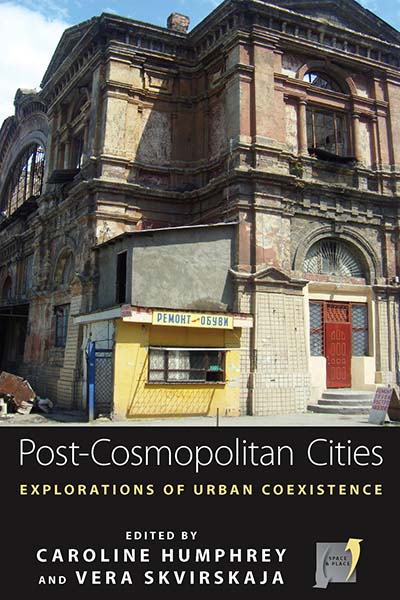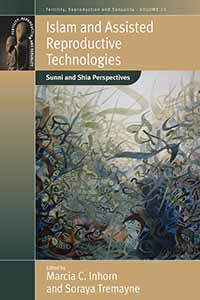 From Idea to Book is an occasional series in which Berghahn authors and Editors discuss the origins of their work. Here, Marcia Inhorn and Soraya Tremayne describe how the volume Islam and Assisted Reproductive Technologies, which was recently published by Berghahn, came about.
From Idea to Book is an occasional series in which Berghahn authors and Editors discuss the origins of their work. Here, Marcia Inhorn and Soraya Tremayne describe how the volume Islam and Assisted Reproductive Technologies, which was recently published by Berghahn, came about.
Islam and Assisted Reproductive Technologiesis the result of a wonderful conference workshop, held from 18 to 20 September 2009 at Yale University in New Haven, Connecticut, on the theme of “Islam and the Biotechnologies of Human Life.” Following a day of public presentations, the contributors to this volume remained at Yale for an intensive, two-day workshop discussion of their conference papers, which have ultimately become the polished chapters of this edited volume.
To our knowledge, this volume is unique, for it represents the work of nearly all of those scholars whose research focuses on Islam and assisted reproductive technologies (ARTs). Meeting (often for the first time), discussing our work, and producing this volume together has been an immensely rewarding experience. For us as co-conveners, the project and the process have been especially gratifying, for we have been able to bring together our junior colleagues, many of whom are producing nuanced, field-based research on ARTs in a variety of Islamic settings. As a result, all of the chapters in this volume can be said to be original, timely, and “cutting edge,” reflecting the rapidly evolving ART landscape in the Muslim world in the second decade of the new millennium. Continue reading “From Idea to Book- Islam and Assisted Reproductive Technologies: Sunni and Shia Perspectives” →
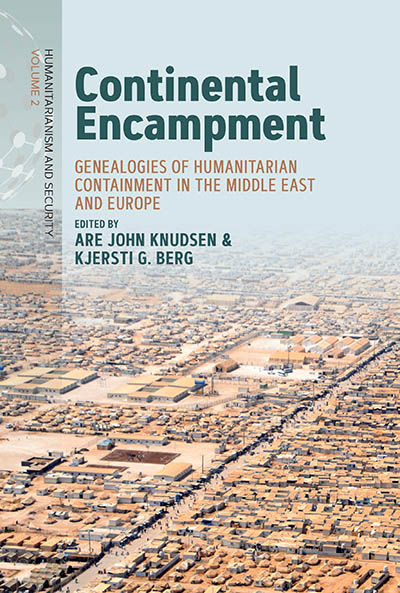


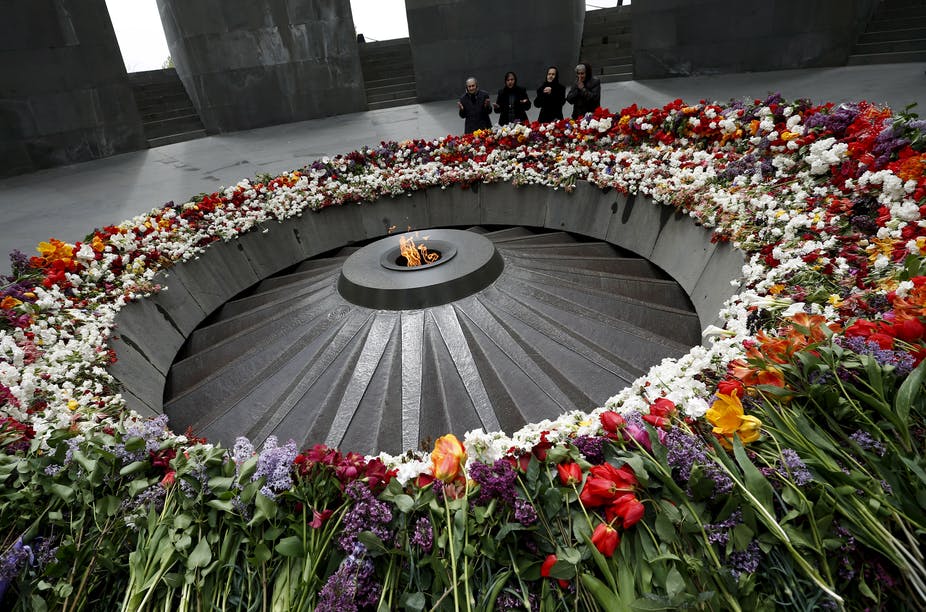

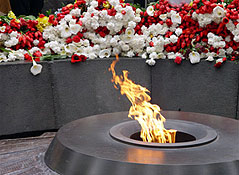 April 24 marks the 103rd anniversary of the Armenian Genocide. Armenian Genocide Remembrance Day is held annually to recognize and mourn more than 1.5 million victims of the Armenian Genocide, the most tragic element of Armenian history.
April 24 marks the 103rd anniversary of the Armenian Genocide. Armenian Genocide Remembrance Day is held annually to recognize and mourn more than 1.5 million victims of the Armenian Genocide, the most tragic element of Armenian history.